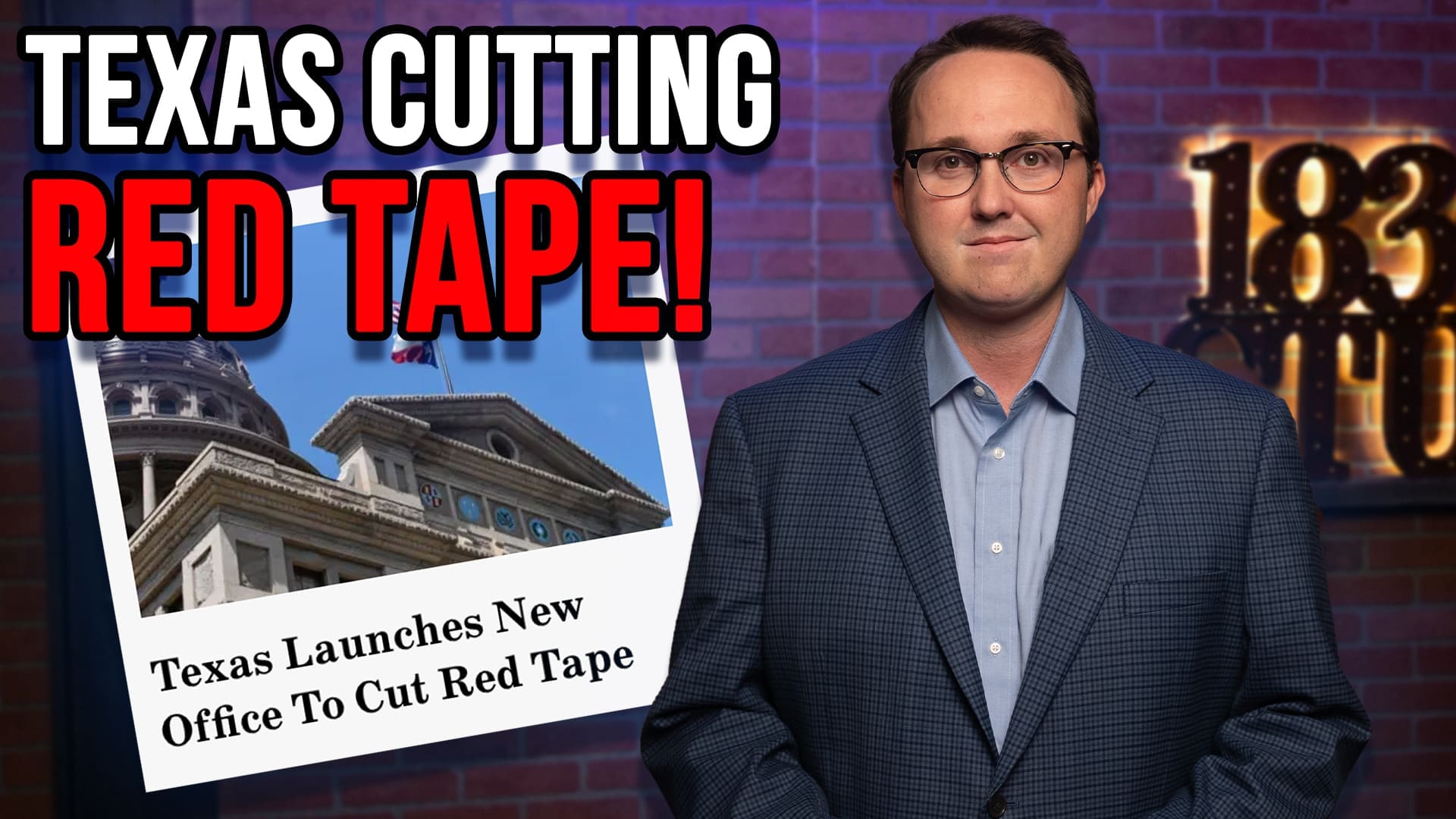It may come as a shock to some taxpayers that the people who dictate property appraisals are often representatives of the local taxing entities that benefit from higher property values. They may also be shocked to learn that some appraisal district board members simultaneously serve in an official capacity for other government and quasi-government organizations.
Appraisal districts are the engines feeding local government. Regardless of whether local officials lower or, more likely raise taxes, appraisal districts often guarantee that the same property tax base will pay more to the same entities because they increase the appraised values of the homes within their jurisdiction.
Property taxes, whether paid directly by a property owner or through rental rates, are a product of various local taxing entities (school district, city, county, and others), and the value of the property, assessed by the appraisal district.
Appraisal districts, funded solely by local taxing entities, set property values within their jurisdiction. Their boards consist of appointees from taxing units within the jurisdiction of the appraisal district.
This board sets the district’s budget, makes general policies, develops a biennial reappraisal plan, and hires the Chief Appraiser. The Chief Appraiser carries out the legal duties of the district, hires staff, makes appraisals, and oversees the day-to-day operations of the district. Importantly, the Chief Appraiser is beholden to the board, not the public.
With officials who represent entities that utilize property taxes sitting on the board, it’s no surprise that Texans find themselves fighting higher appraisals as frequently as they do.
To be eligible to be a board member one must reside within the jurisdiction. Employees of a participating taxing unit are prohibited from being board members unless that individual also is “a member of the governing body of the taxing unit or an elected official of a taxing unit.” Further, “An individual who is otherwise eligible to serve on the board is not ineligible because of membership on the governing body of a taxing unit.”
This loophole opens up board seats to those who have the most direct interest in seeing appraisals remain high – local elected officials.
Entities that want a consistent say in the processes of the appraisal board aren’t going to nominate an average citizen, who may put the interests of taxpayers ahead of the interests of the governing body, so they often appoint fellow elected officials, and often those officials have vested interests in more than one entity.
Harris County Appraisal District (HCAD) Chairman Pete Pape is an example of this phenomenon.
Pape is the Assistant Superintendent for Business Services for Deer Park ISD. According to state law, Pape would be ineligible to serve on HCAD’s board, except he also serves as the President of the Board of Trustees for Goose Creek CISD. Additionally, Pape also serves as the Vice President of the Board for Texas Educational Employers Benefit Cooperative, an organization “solely focused on Employee benefit programs for Texas educational entities.”
Other elected officials on HCAD’s board are HISD Trustee Wanda Adams; Harris County Tax Assessor-Collector Ann Harris Bennett; President of the Horsepen Bayou Municipal Utility District Glenn E. Peters, who has served since 1994 and on HCAD since 1999; and Jim Robinson, Vice-Chair for Houston Metro. Elected officials make up five of the seven current board members, though Bennett is an ex-officio director.
It’s not just Harris County where this practice is prevalent.
Bexar County’s appraisal district consists of San Antonio City Council Member Robert Trevino, County Commissioner Sergio “Chico” Rodriguez, and County Tax Assessor-Collector Albert Uresti.
In Montgomery County, former Woodlands Township Board Member Bruce Tough, County Commissioner Mike Meador, and County Tax Assessor-Collector Tammy McRae sit on MCAD.
McLennan County has Waco City Council Member John Kinnaird, Waco ISD Board Member Allen Sykes, County Tax Assessor-Collector Randy Riggs, County Commissioner Ben Perry, La Vega ISD Board Trustee Mildred Watkins, and Midway ISD Trustee Tom Pagel.
The Denton County Appraisal District has a member of the Denton ISD school board, a city council member from The Colony, and voted to hire the mayor of Lewisville to be DCAD’s Chief Appraiser.
Texans across the state can look at their local appraisal districts and find current and former elected officials, or those closely tied to them, appointed to board member seats because state law permits it.
Elected officials have a direct interest in seeing higher appraisals because it generates more revenue for their respective entities without the taxpayer blowback from voting to increase taxes. They often blame increasing appraisal values as the culprit to housing unaffordability, but don’t tell taxpayers that they are appointing and nominating the members of that board.
That may help explain why Texans can’t get a break on appraisal increases.
Appraisal districts are prohibited from increasing valuations on property by more than 10% over last year’s value, but they often use that as a standard as opposed to a rarely used maximum.
From 2013 to 2016, the average home in Harris County has seen a 36.4 percent increase on the county’s portion of their property tax bill. That means their general fund collected more than $400 million more in property tax revenue than previously. During that period, the City of Houston’s portion grew by about 21.5 percent. These are driven by rising appraisals and despite local officials’ claims of keeping tax rates the same, or lowering them in the city’s case, their representatives to the HCAD board contributed to those increases.
This is why many argue for all-encompassing property tax reform that targets appraisal districts in addition to tax rates.
Ahead of the last legislative session, State Rep. Dade Phelan (R–Beaumont) filed a bill that would’ve turned appraisal boards into elected bodies similar to councils, commissions, and school boards. State Sen. Paul Bettencourt (R-Houston) pushed for the boards to consist solely of elected officials, saying it makes them directly accountable to citizens.
Rep. Mark Keough (R–The Woodlands) filed another bill filed last session, HB 85, that would have made the office of Chief Appraiser an elected position with a two-year term limit. At the most recent Republican Party of Texas convention, delegates passed a legislative priority that included eliminating the boards entirely and basing values on market rates.
As property tax bills go up and scrutiny on appraisal districts increases, there will be no shortage of potential solutions to the problem. The question is which one is the right solution to help alleviate the burden of ever-increasing appraisals on Texans.




